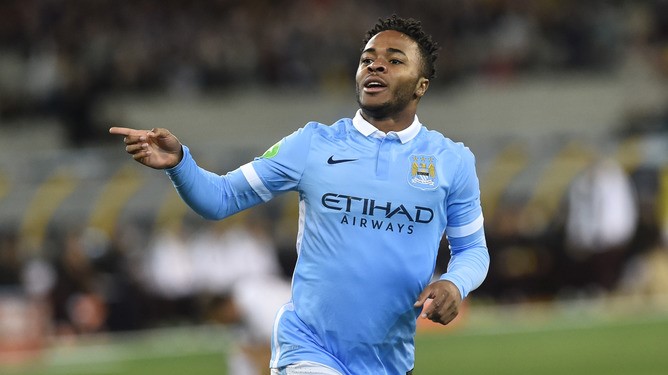In recent weeks, countless news features on the presence of racism in football have sought to trivialise the matter, rather than tackle it directly. We must look no further than Moise Kean, the Juventus forward, to see both the misunderstanding and mis-management of racist abuse. Kean attempted to challenge the racism of Cagliari fans after his goal on the 2nd of April by making a signal in their direction, only for his own teammate Leonardo Bonucci to criticize his actions. Therefore, we must ask ourselves – is racism truly embedded in football? Has modern football culture reached a stage in which racist abuse has become acceptable?
Thankfully, I believe this not to be the case. However, social media proves to be a hindrance in the battle against racism in sport, and particularly within the footballing world. Due to the ability to be able to hide behind a social media profile without revealing one’s identity, there are many challenges in holding someone accountable for racist abuse online. Take the case of Watford striker Troy Deeney, who was forced to disable comments on his Instagram account, following anonymous racist comments posted after his side’s FA Cup semi-final victory against Wolves. This represents a greater issue of racial abuse – while we are able to hold accountable those guilty of racist abuse in the terraces, on a wider scale, and certainly through digital means, it is far more difficult to act with such diligence. Therefore, it is of increasing importance to tackle racism beginning at grassroots football, as it has been allowed to exist and propagate through football culture for far too long.
This brings me to the subject of racism in lower-league football, in particular League Two. Having witnessed first-hand abuse of Lincoln City striker John Akinde on multiple occasions, it is clear that Akinde becomes the scapegoat for a minority of Lincoln fans due to his ethnicity, rather than his talent on the football pitch. While Akinde is yet to comment on such abuse himself, it is evident that this is unacceptable. Yet without being identified or prosecuted, this group of fans are free to continue to racially abuse players without punishment. The same behaviour appeared in MK Dons’ 2-1 win against Forest Green Rovers last weekend, after which Dons’ striker Chuks Aneke was racially abuse on social media. Although the club have declared that they are ‘appalled’ by such behaviour, not enough is being done. Whilst players and clubs share #KickItOut posts and condemn the presence of racism in football, I continue to believe that one of the reasons why it is still so prevalent is due to the failure of the FA and the authorities to address it effectively.
Several Chelsea fans were recently barred from entering their UEFA Europa League fixture against Slavia Praha, after footage of racist chanting emerged on social media about the club’s former player, Mohamed Salah. Whilst these fans were permanently banned from Stamford Bridge, this does not send a strong enough message that racism is both unacceptable and a crime.
Recently, following racism directed towards England winger Raheem Sterling in an international fixture against Montenegro, the manager of the opposition declared that he had heard no evidence of racism during the fixture, hence the culprits were not prosecuted. Racism is allowed to spread due to a lack of action. Tottenham full-back Danny Rose recently stated that ‘countries get fined what I’d spend on a night out’, implying that punishments for those arrested of racial crimes are not taken seriously enough. The only way in which we completely eradicate such a disease from modern football is by tackling the problem at every level. Without sufficient support from the FA and the football clubs themselves, many players are left feeling isolated and bullied by a minority of supporters.
However, all is not doom and gloom with regards to the current situation of racism in football. Whilst such discrimination attracts the attention of large newspapers and media organisations, only a minority of supporters are to blame for the racist abuse, with the majority of fans being largely supportive of both the industry and the players. Organisations such as Kick It Out are continuously working to eradicate racism from football, and having been established in 1997, they have been using frequent social media campaigns, working with football clubs on the ground, and establishing links with professional players to spread a message of solidarity that racism is not acceptable.
Manchester City winger Raheem Sterling has been praised for his direct approach towards the English media, as he has repeatedly addressed their negative headlines towards his behaviour, and hence represents a force for change within the often-stagnant football world. It is without a doubt that more must be done to tackle the issue, however. If we wish to fully remove racism from football, we must work together to identify and report racism whenever we become aware of it. Therefore, racism is not inherent – it is present, but it has no place in our football culture, and no footballer should be made to feel unwelcome in their profession. The responsibility is in our own hands.



